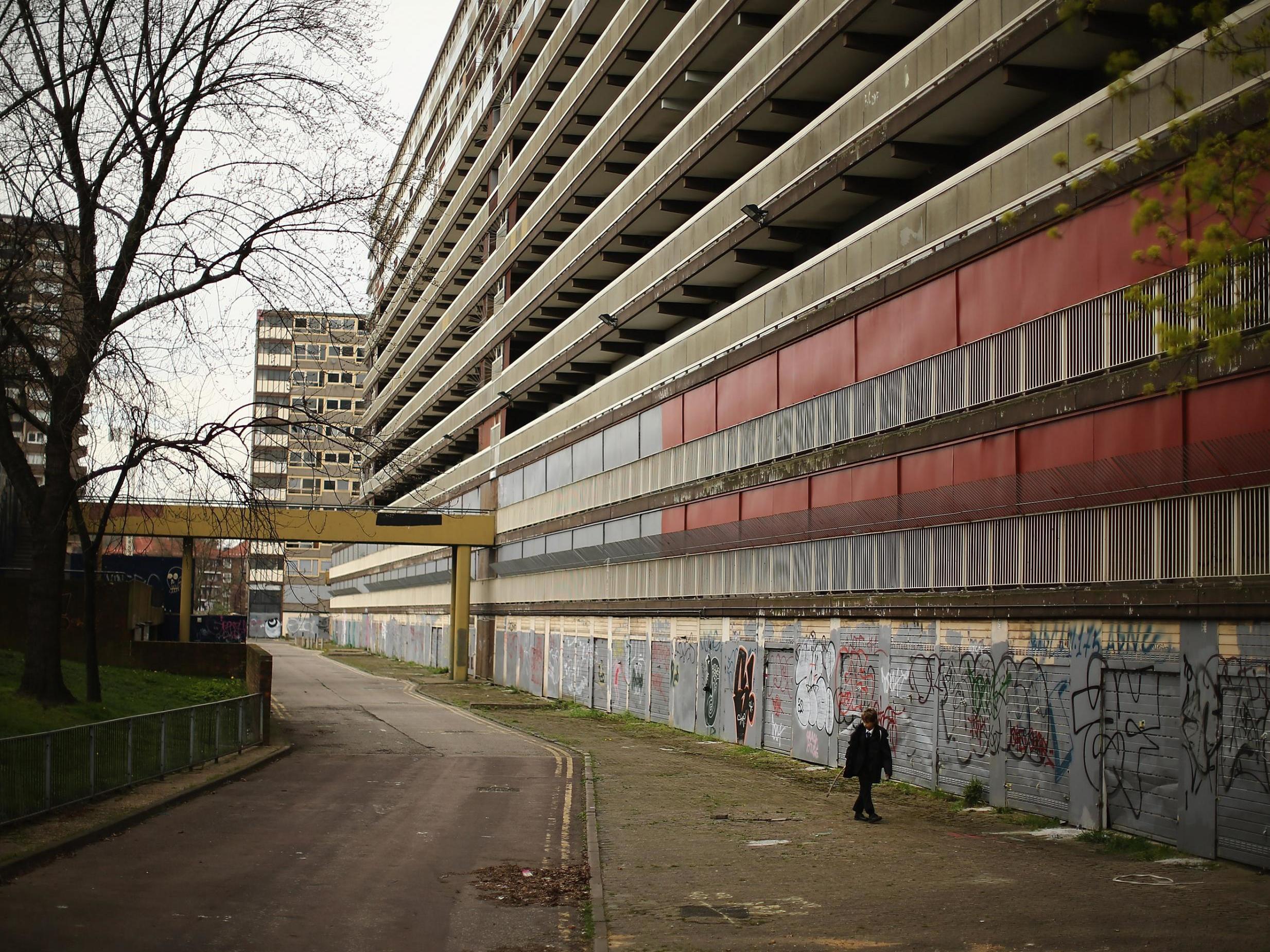The stories that lay bare Britain’s housing crisis
Analysis: The surge in homelessness in the UK over the past decade is apparent in all the statistics – but it is the human suffering behind the numbers that exposes the gravity of the problem, writes May Bulman


At least 280,000 people homeless across England; an 83 per cent rise in children living in temporary accommodation since 2011; 135,000 children without a permanent home. There is no shortage of figures to demonstrate the surge in homelessness in the UK over the past decade. Statistics are published by the government on a quarterly basis, and they have shown a continuous rise in the number of desperate people appealing to local councils for help.
What they don’t do is tell the stories behind the numbers – the human suffering that lies beneath the six-digit figures punched onto the spreadsheets, and the fact that often these people are not getting the help they desperately need but do not have a voice to speak up.
In a rare move earlier this week, the Local Government and Social Care Ombudsman, which investigates individual complaints about local public services, published the case of a homeless woman who was forced to sleep on the hard floor of an empty flat after reporting as homeless to Tower Hamlets Council. The woman, who cannot be named, was left in the flat for three months, and did not even have a bed until she was awarded a grant a month into the tenancy. The watchdog implored the council – and other local authorities across the country – to learn from its errors and ensure it adheres to homelessness prevention laws in future.
Other cases that have cropped up over the past year include that of Sudanese refugee Atif al-Sharif, who had a severe head injury after being attacked in the street, and was placed in a tiny room without the disability facilities he required, meaning he could not even shower. ”I’ve complained but nobody cares,” he told me. In another case, a family found themselves living in Connect House, a block of former offices in the middle of an industrial estate in Croydon, which local authorities began using as a permanent solution to people’s housing needs. The single mother, who shared a small bedroom with her 12-year-old daughter in the block, said they felt they had been abandoned – “out of sight, out of mind”.
There are no doubt many other cases that remain hidden beneath the numbers because the people affected are not able to fight their corner.
Join our commenting forum
Join thought-provoking conversations, follow other Independent readers and see their replies
Comments